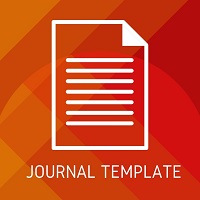Analisis Kebijakan Rehabilitasi Narkotika Terhadap Pecandu dan Korban Penyalahgunaan Narkotika di Batam
DOI:
https://doi.org/10.37253/jlpt.v5i1.614Keywords:
Effectiveness, Narcotics Rehabilitation, Addicts, Victims of Narcotics Abuse, Batam cityAbstract
In the year 2017, Institute for Criminal Justice Reform (ICJR) found in the Surabaya District Court, the majority of the pleas of the Public Prosecutor for the accused as addicts and victims of narcotics abuse for convicting prison were 90% (ninety percent) and 10% (ten percent) are terminated by the imposition of narcotics rehabilitation as an attempted conviction. Therefore, this research was conducted in Batam city as one of the regions with high levels of narcotics illicit trafficking.
The purpose of this study is to find out the procedures for implementing narcotic rehabilitation, to analyze the effectiveness of the law in the application of narcotic rehabilitation for addicts and victims of narcotics abuses in Batam City, and to measure the level of justice in providing penalization for addicts and victims of narcotics abusers processed through court verdicts. This research was carried out by conducting empirical legal research at the Riau Islands Police Narcotics Directorate, BNN Riau Islands Province, Batam District Court, and Batam BNN Rehabilitation Atelier.
The results of this study state that in applying narcotic rehabilitation to addicts and victims of narcotics abuse can be made through voluntary and through legal processes (compulsory). The implementation of narcotics rehabilitation for narcotics addicts and victims of narcotics abuses in Batam City is not effective and the level of justice in providing criminal sentences for addicts and victims of narcotics abusers who through the legal process is felt to be unfair.
Downloads
Downloads
Published
Issue
Section
License
Program Magister Hukum Universitas Internasional Batam









1.jpg)






1.png)
2.png)
.png)
2.jpg)


